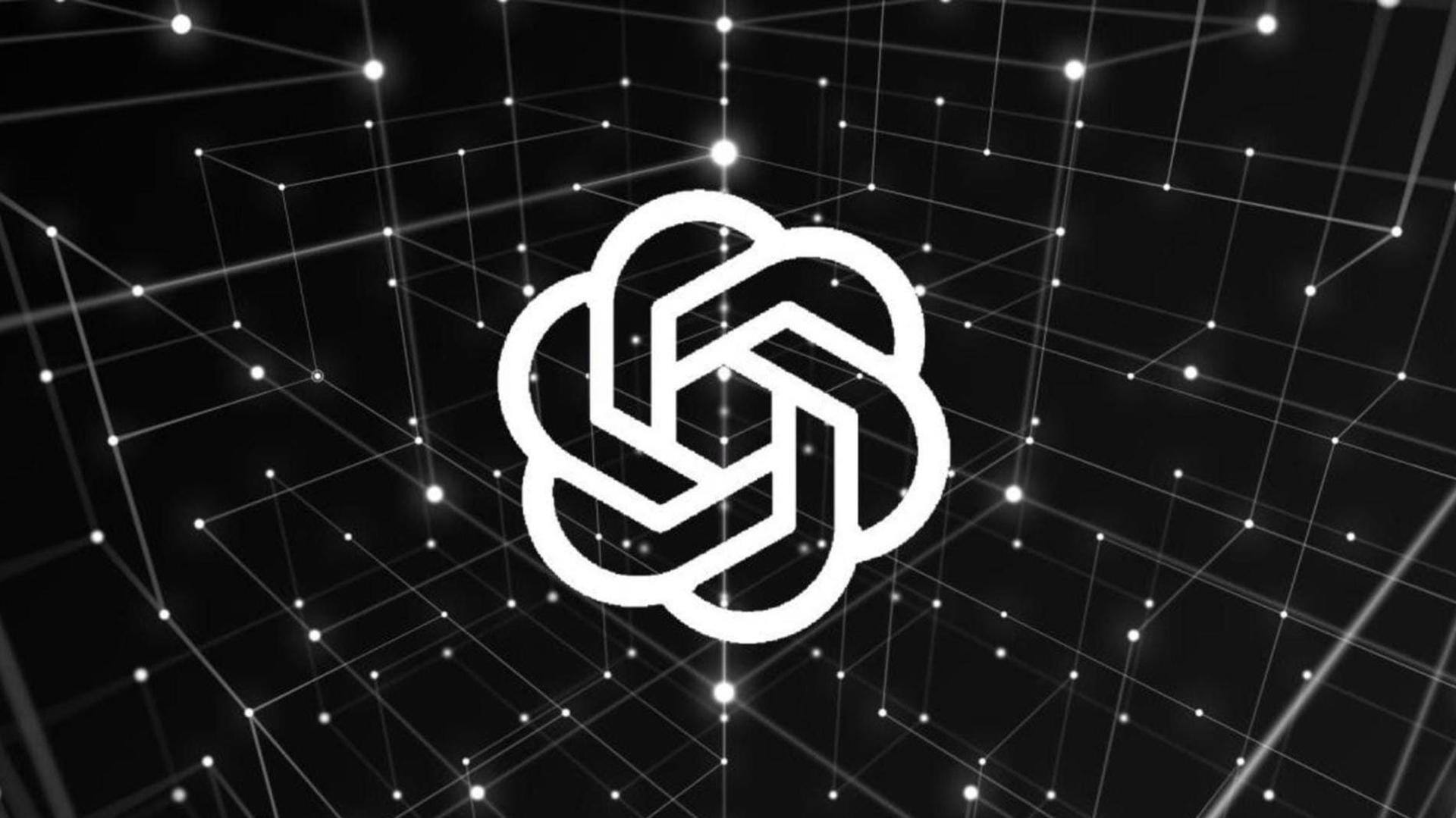
OpenAI wants to trademark 'GPT': What that means
What's the story
The name "GPT" has become synonymous with AI chatbots worldwide. Piggybacking on the success of ChatGPT, many companies have added "GPT" to the names of their chatbots. This has provoked OpenAI, the company behind "GPT," to apply for trademarking the name. It is yet to be approved. What would happen if OpenAI's application to trademark "GPT" is approved? Let's take a look.
Context
Why does this story matter?
DateGPT, SeaGPT, Gita GPT, and dirtyGPT are only a few among multiple chatbots with "GPT" in their names. The three letters signify the deep learning model behind these chatbots. Companies use "GPT" in the names of their AI products because it brings a certain legitimacy. However, OpenAI isn't happy with how casually companies are using its large language model's (LLM) name.
Trademark
OpenAI's application to expedite the procedure was rejected
OpenAI applied for trademarking "GPT" in late December. Last month, the company submitted an application to the United States Patent and Trademark Office (USPTO) to expedite the procedure due to the ever-increasing number of GPT-named AI apps. However, the USPTO rejected the application as OpenAI's attorneys were unable to provide evidence to justify the need for expediting the procedure.
Why not
OpenAI wasn't prepared to deal with ChatGPT's success
One would expect OpenAI to have trademarked "GPT" long ago. After all, the company released its first "Generative Pre-trained Transformer" model back in October 2018. However, the company's focus was on AI research then. It was the success of DALL-E 2 and ChatGPT that made it an overnight sensation. It seems OpenAI wasn't prepared to deal with how successful ChatGPT would become.
Success or not
The company has to prove the distinctiveness of 'GPT'
OpenAI's fight to trademark "GPT" will be a drawn-out process. The pertinent question is, will it be victorious in the end? That would depend on the company's ability to prove "GPT" is proprietary and not something people associate with generative AI broadly. The distinctiveness of "GPT" might be hard to prove at this point, considering the number of products with the same name.
Information
OpenAI can use its fame as an argument
OpenAI might be able to use its clout to win this fight. The company can argue "GPT" is a famous trademark associated with a popular company. The company is now synonymous with AI development and products. Therefore, it can win this after all.
Outcome
Companies will need OpenAI's permission if the application is approved
If OpenAI manages to trademark "GPT," it is bad news for other companies with "GPT" in the name of their AI products. Companies will have to obtain OpenAI's permission to use "GPT" from then on. Trademark infringements will result in penalties. OpenAI can also bring retroactive action against companies based on common law trademark rights.